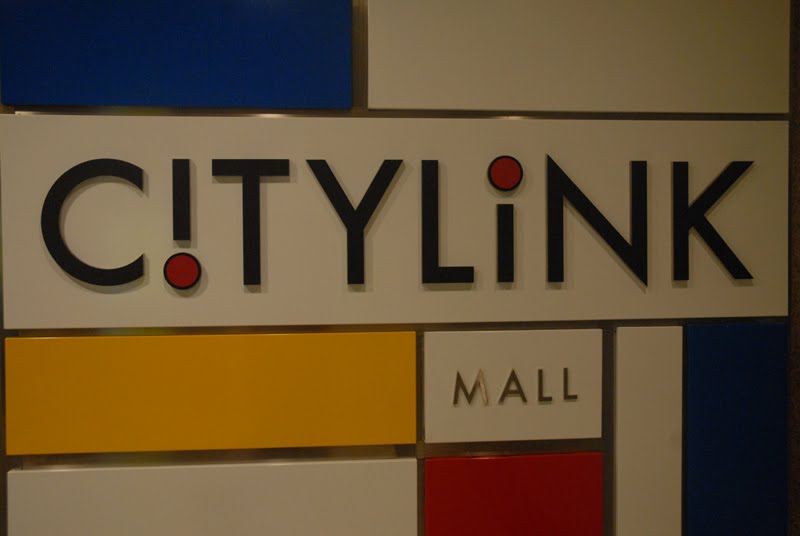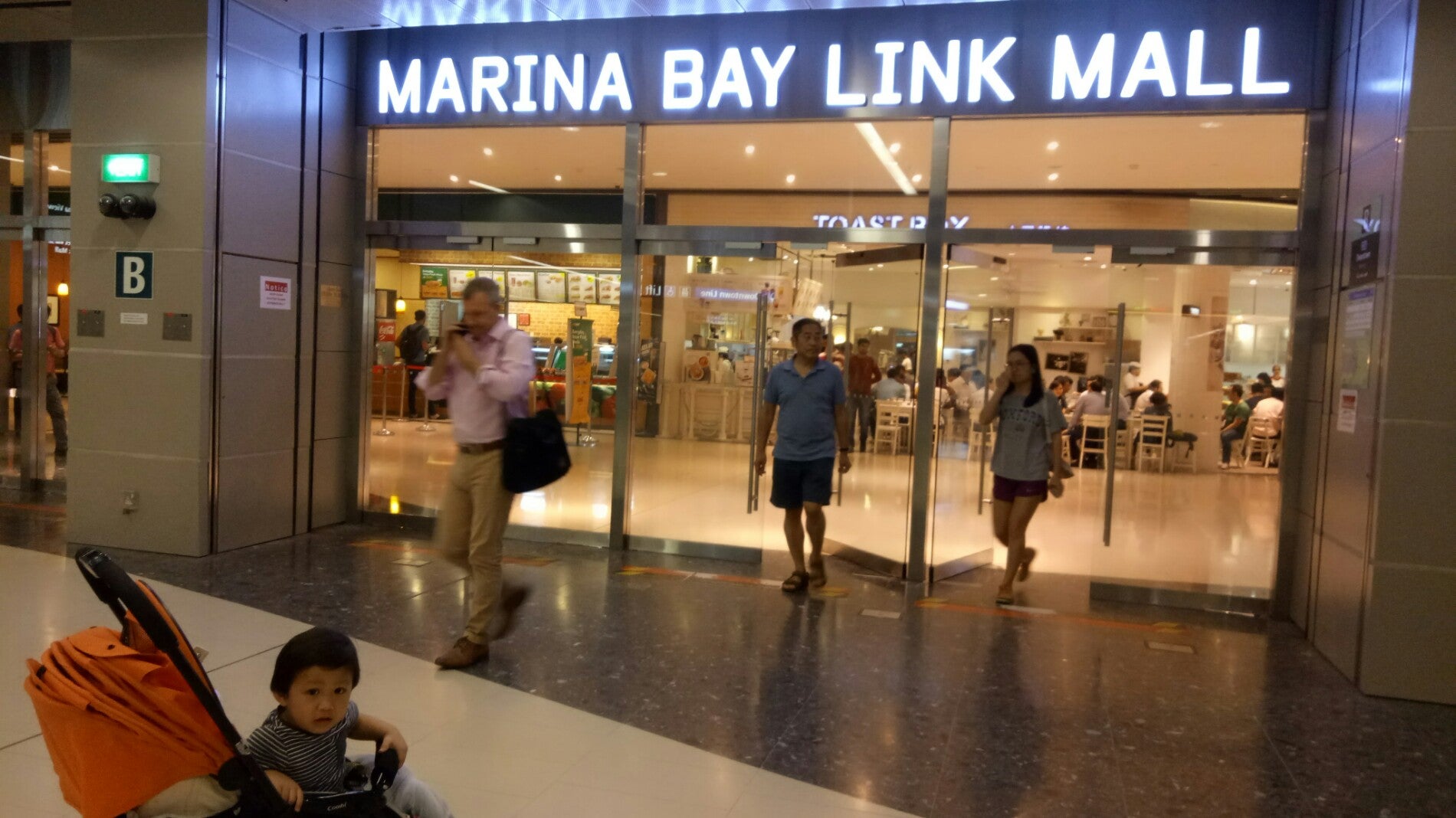- Joined
- Jul 25, 2008
- Messages
- 14,069
- Points
- 113
The second wave of infection has the Indian variant which is more transmissible. "Experts" now say the virus, especially the Indian variant, is airborne.
There are so many unlinked cases in the second wave. With most Sinkies now staying at home and isolated from one another, the only way the virus can spread is when they are close to each other.
With safe distancing required at food centres, supermarkets, malls, and private hire vehicles, the only place where Sinkies are close together are in public transport: the MRT and buses. Could the Indian variant of the virus, which is more airborne, be transmitted through the MRT trains and buses?
There are so many unlinked cases in the second wave. With most Sinkies now staying at home and isolated from one another, the only way the virus can spread is when they are close to each other.
With safe distancing required at food centres, supermarkets, malls, and private hire vehicles, the only place where Sinkies are close together are in public transport: the MRT and buses. Could the Indian variant of the virus, which is more airborne, be transmitted through the MRT trains and buses?










